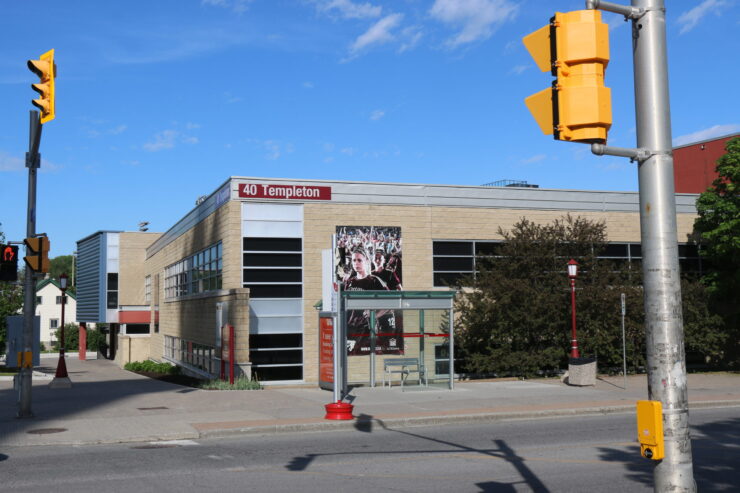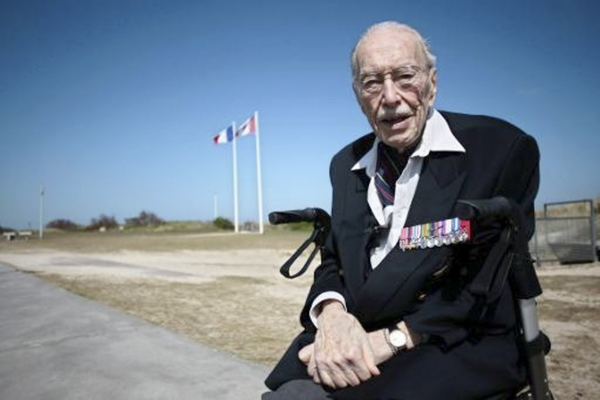In the past fifty-five days, the world has been confronted with the distressing realities faced by Palestinian civilians in Gaza. As a community, we have witnessed civilians all over the globe call for a ceasefire, underscoring the urgency of the current situation. It is essential to recognize that the atrocities unfolding did not commence on October 7th; they have persisted for 75 years, culminating in the recent eruption of violence.
Despite the University of Ottawa’s history of offering minimal support to various social movements, including verbal backing for Ukraine and a stance on Black Lives Matter racist rhetoric, its reluctance to address the war in Palestine is evident. The assertion that the issue is “polarizing” and may lead to campus disruption appears to be a thinly veiled excuse for maintaining a troubling silence. With approximately 10,600 international students, constituting 26 per cent of the student population, and a significant number identifying as Palestinian, Muslim, Arab, or BIPOC, the university must consider the diversity within its student body.
While the institution reported a substantial increase in revenues, reaching $2 million, the lack of adequate support for students affected by the ongoing massacres in Gaza is disheartening. The University’s response since October 7th has been business as usual, despite the far-from-normal circumstances. As a Black international student unequivocally standing with Palestine, it is my responsibility to highlight the silent complicity and disregard for the well-being of Muslim and Arab peers.
Historically, predominantly white institutions like this one were not designed to accommodate the current level of campus diversity. However, it is high time for change. The University of Ottawa has repeatedly fallen short in addressing critical issues, from condemning racial slurs by professors in academic settings to addressing student deaths, profiling, and racism. This time, accountability is paramount.
Students deserve safety, freedom of expression, and supportive spaces for discussion and education. I am writing to condemn the university for its lack of voice and insufficient provision of coping resources, particularly for my Muslim and Arab peers. I call on the institution to proactively support its students, fostering spaces for open discourse and ensuring classrooms are safe environments for students to bridge academic concepts with real-world events without fear of suppression.
At the very least, I urge the university to provide coping resources and enhance the existing mental health support on campus. The budget is available, and any hesitation to act can only be interpreted as a lack of willingness. The University of Ottawa has a moral obligation to its Muslim, Arab, and BIPOC students affected by the ongoing crisis in Palestine. It is time for the institution to fulfill this obligation with tangible actions and unequivocal support of its student body.
Correction: This article was updated (Dec 1, 4:28 p.m.) to correct “thirty-five days” instead of “fifty-five days” in regards to the length of the genocide. The article was also updated to include an article link.





